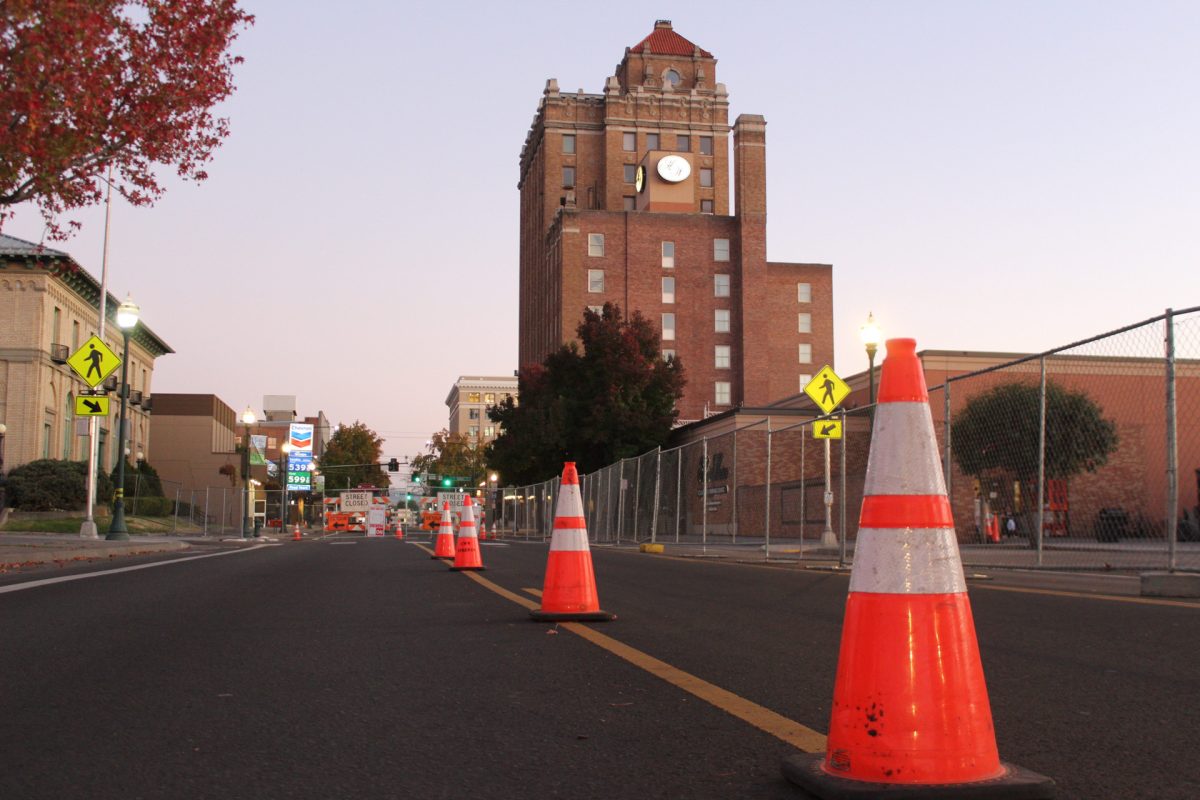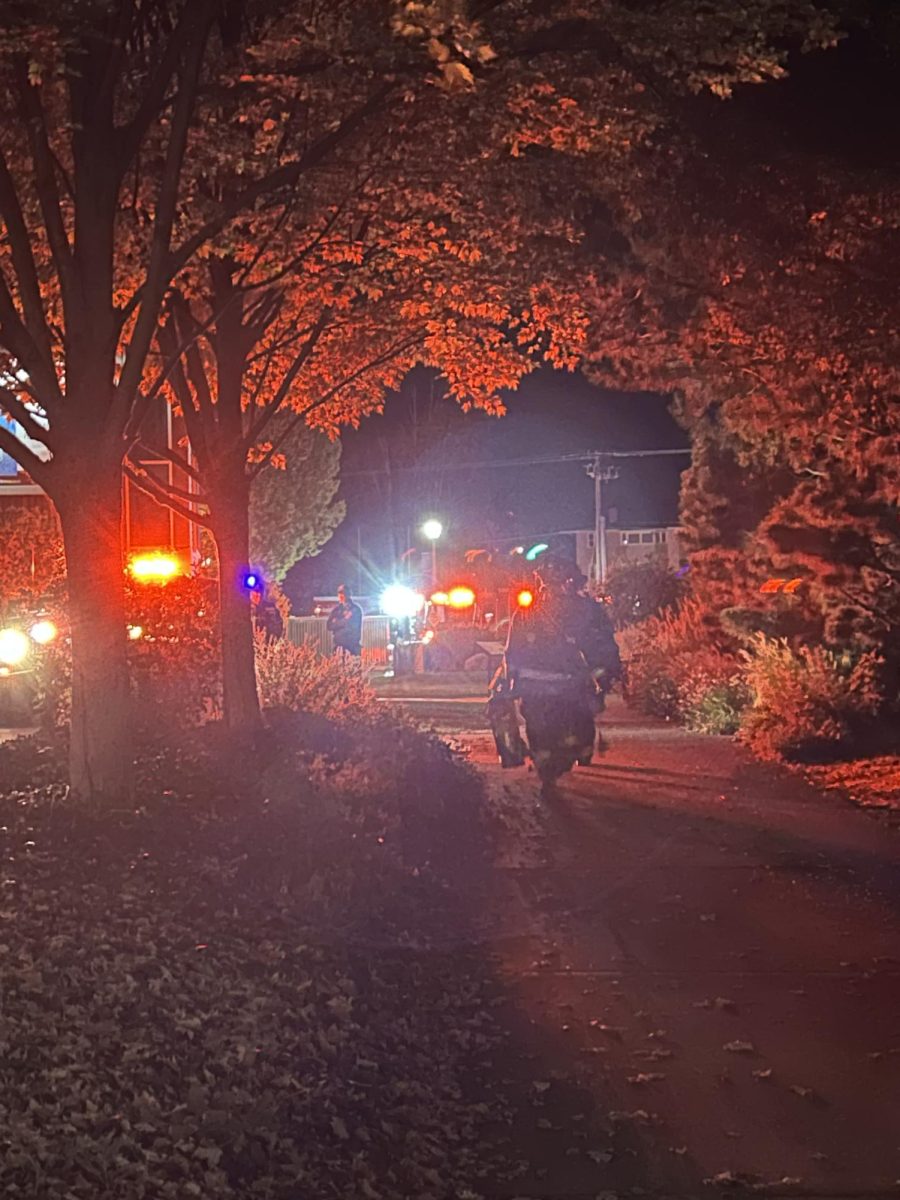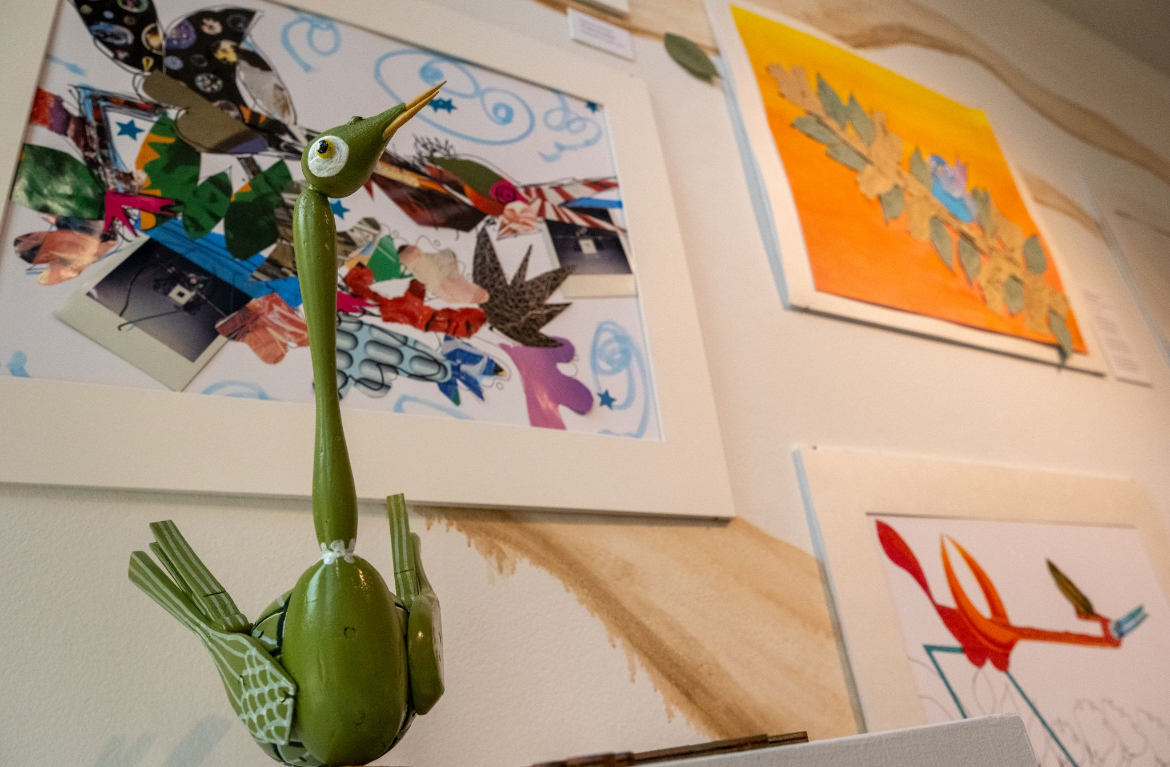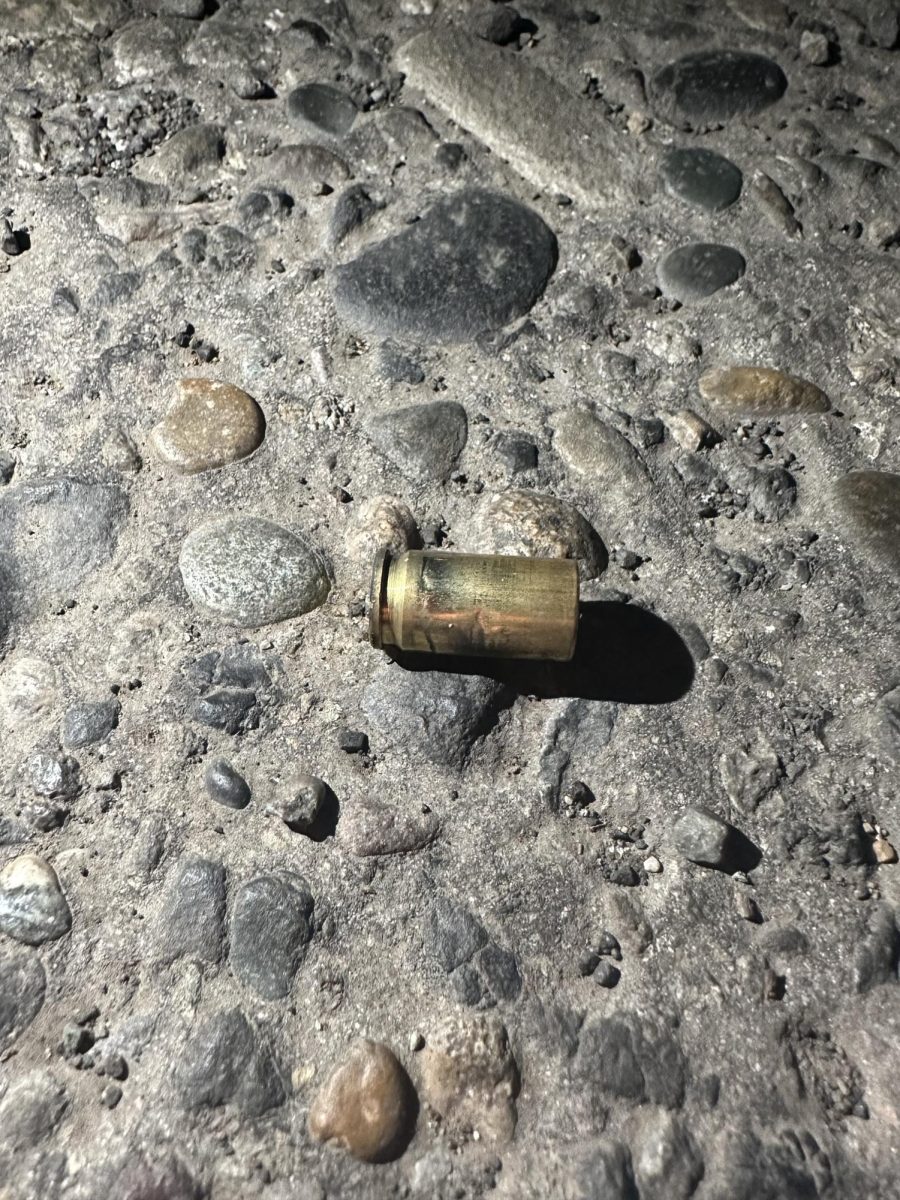
Anyone who has been to Walla Walla Valley Farmers’ Market is familiar with the smiling faces at the tables of Zerba Farms, R&R Produce, West End Farm, Octopus Garden Honey and Welcome Table Farm. Each table seems to be bursting with produce.
However, this is just the tail end of a roller coaster of a season.
The Walla Walla Valley experienced a late, cold and windy summer, which has affected every crop.
Tomatoes were the hardest hit this season. Depending on the farm, they ripened from two to six weeks late. These and other warm-weather-peaking vegetables like bell peppers and eggplants, which usually peak in mid-August, are just now peaking.
“We’re trying to pack two months of sales and work into one!” said Alice Bagley of West End farms, which is owned and run by Bob Biles, a Whitman landscape specialist.
For Dimitri Giannakopulos from Giannakopulos Farm in Hermiston, Oregon, the problem was not so much the cold weather but the wind. When delicate tomato starter vines were transplanted from the greenhouse to the soil, they would often get whipped down by the wind or even cut down by flying gravel. It cost the farm time and resources to grow and transplant new starter vines.
Ron Courson of R&R Produce in Walla Walla experienced the weather very differently, but just as severely. R&R grows primarily fruit trees, which have delicate blooms. Their cherry trees yielded only 40 percent, and they lost all of their apricot blooms one cold 27-degree night. The fruits that did survive the frost, like plums, are turning out much bigger than normal.
“You can’t call it global warming because it was cold here!” said John Zerba of Zerba Farms in Milton-Freewater, Oregon. “Everything was late and slow.”
“Every year there’s something [peculiar about the season],” said Emily Dietzman of Welcome Table Farm.
Most farmers are crossing their fingers for an Indian summer (a warm autumn), or at least a late frost to balance out the late start of the season.
There are many ways to protect crops from being affected as badly by the late seasons. Farms such as West End and Welcome Table are planning to construct hoop houses–cylindrical structures that serve to insulate and protect delicate plants during shoulder seasons.
R&R Produce is planning to purchase a temperature alarm system. When the temperature drops below a certain point, an alarm will sound to let the workers know to spray their fruit trees. The water then coats the blooms and protects them until it’s warm enough for the water to melt.
Zerba feels that the weather this past season has been “closer to ‘normal.’ We’ve had 10 to 15 years of early springs, warm falls and long summers . . . but 20 years ago we had a September frost!”
Most farmers plan to continue on as usual.
“You get one good year in 10 and that keeps you going,” said Susan Hosticka of Octopus Garden Honey. “That’s what keeps your enthusiasm up.”
All this time and effort to grow a good product is not lost on customers.
“This area is home of the best produce in the country,” said sophomore Geneva Schraff. “And we’re lucky enough to have access to it a block away from campus!”
The farmers’ market runs Saturdays and Sundays through the end of October, and is located at the corner of 4th and Main. For more information go to www.gowallawallafarmersmarket.com.













